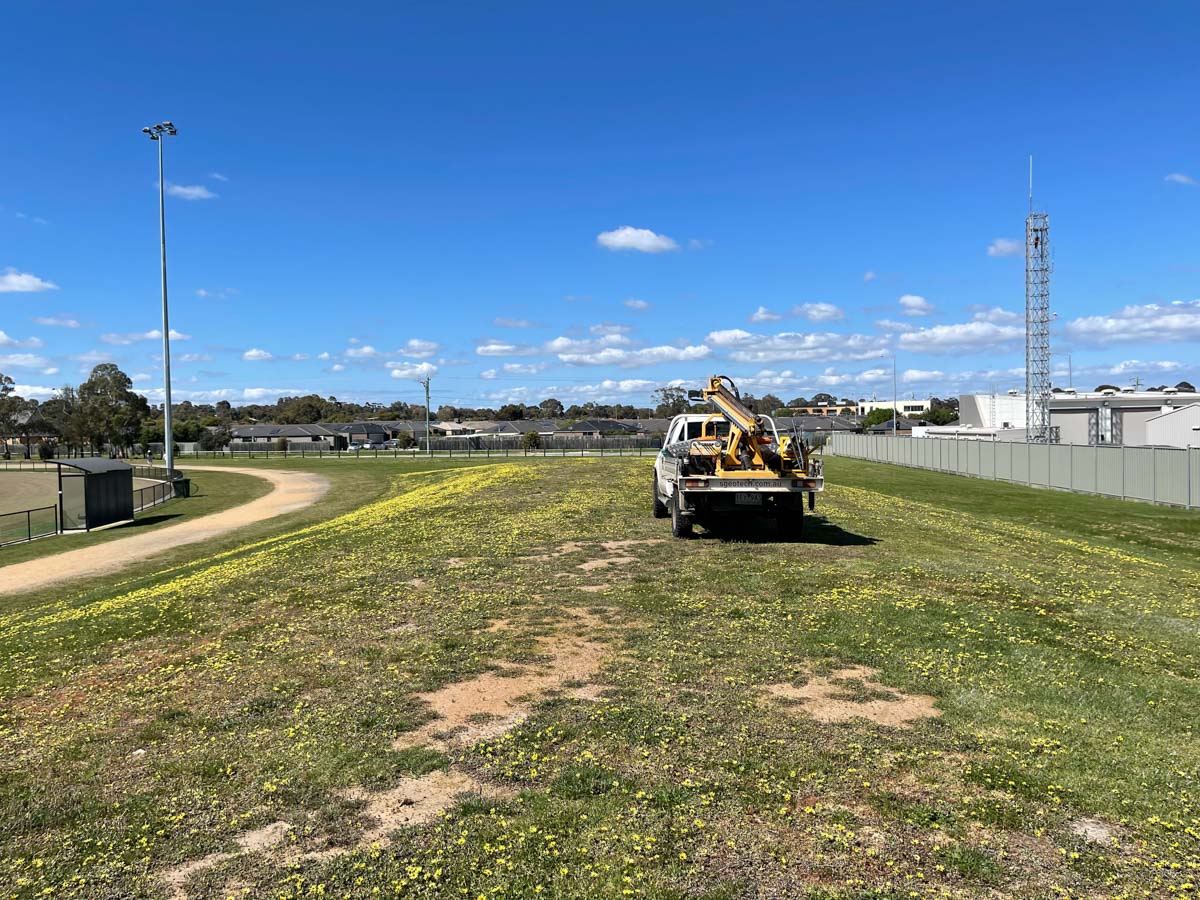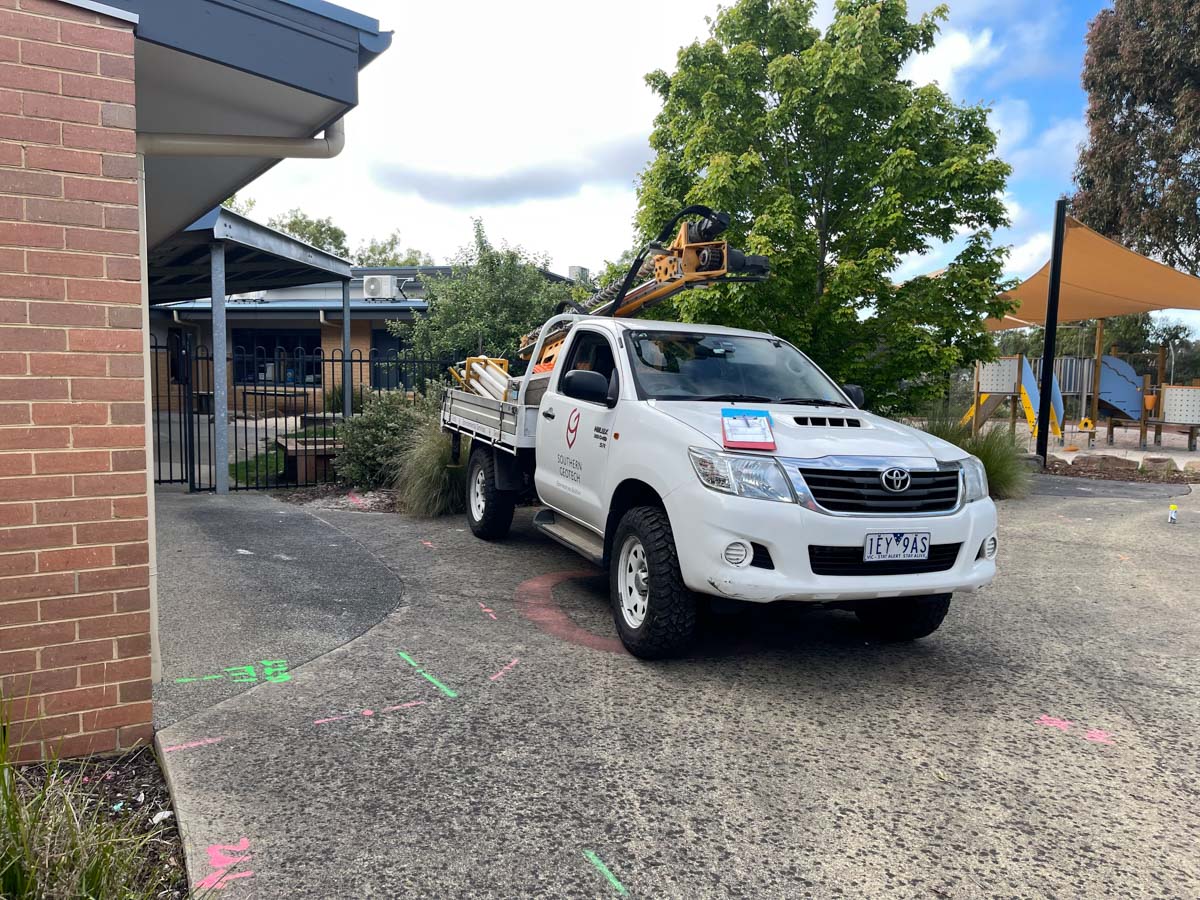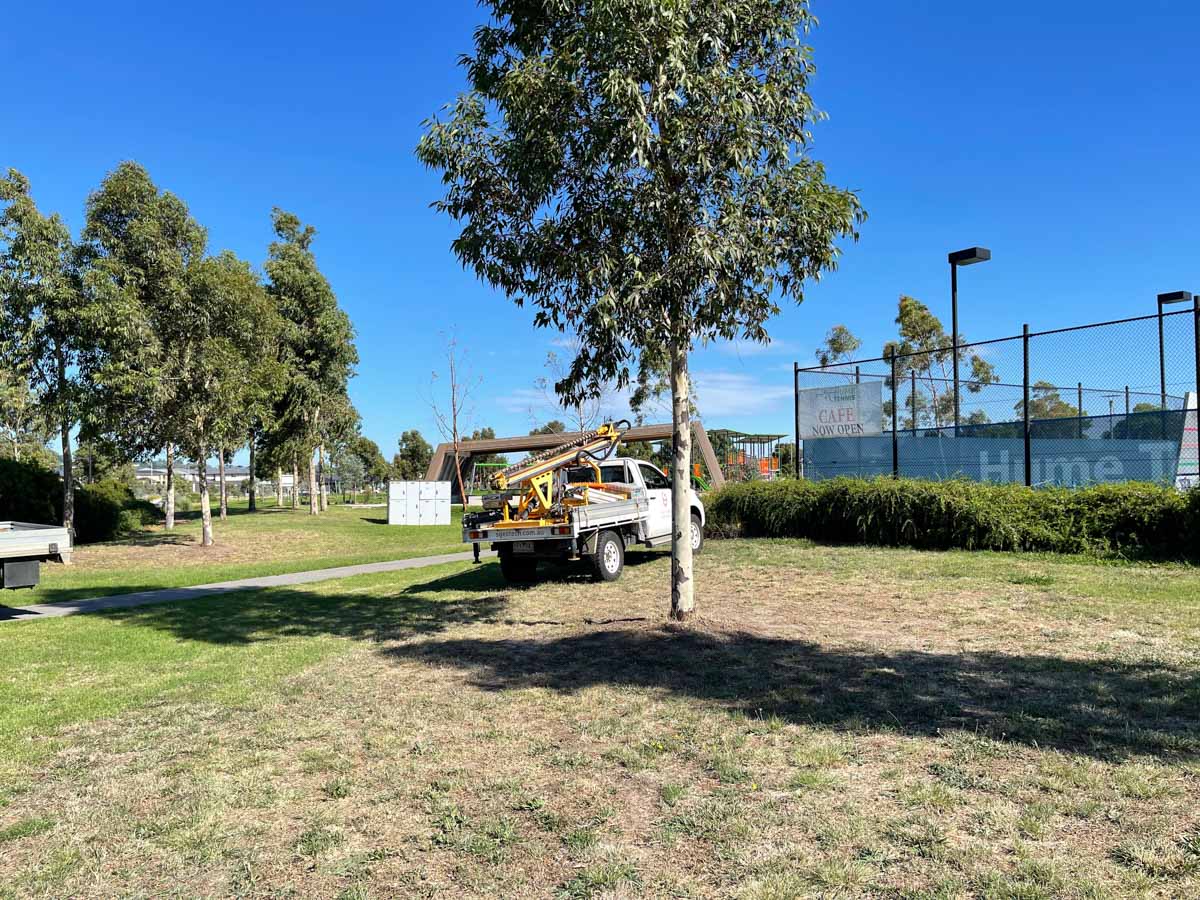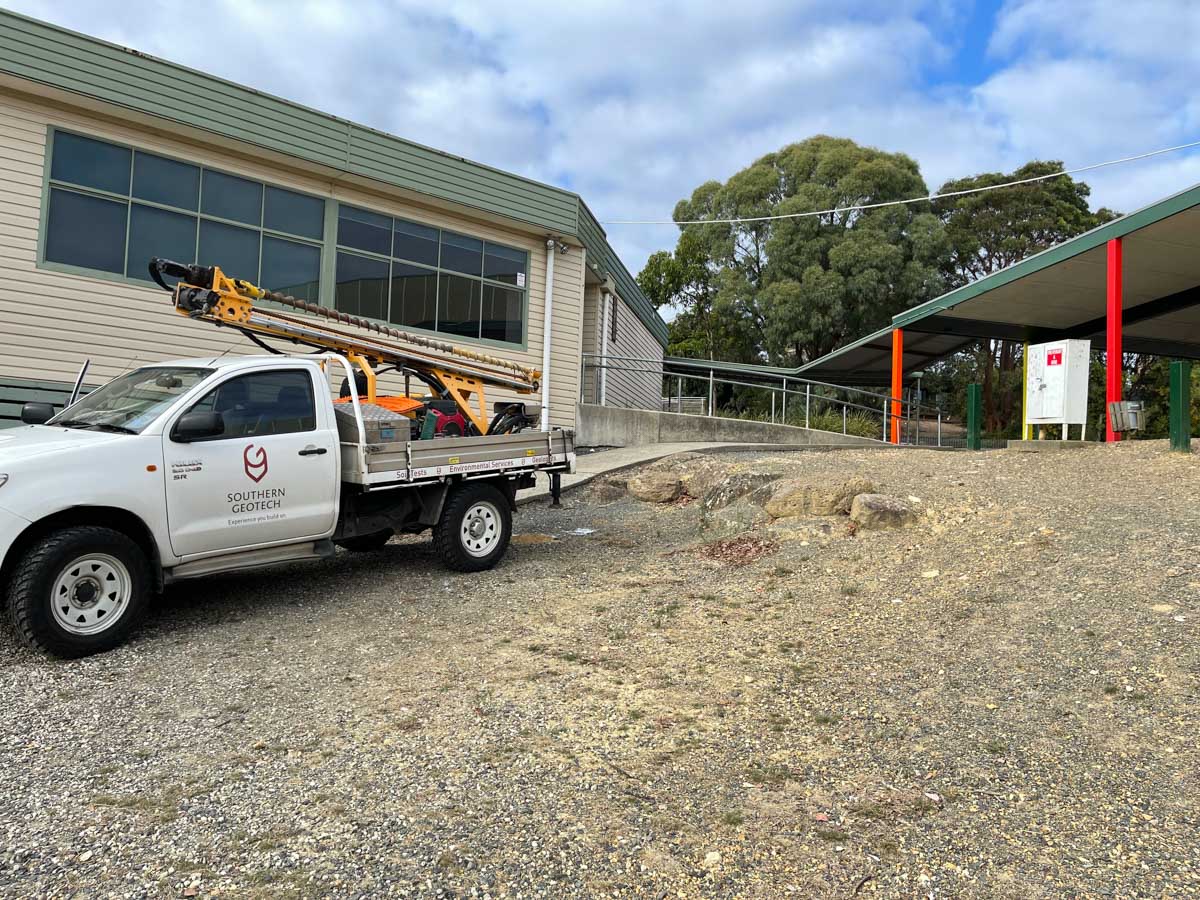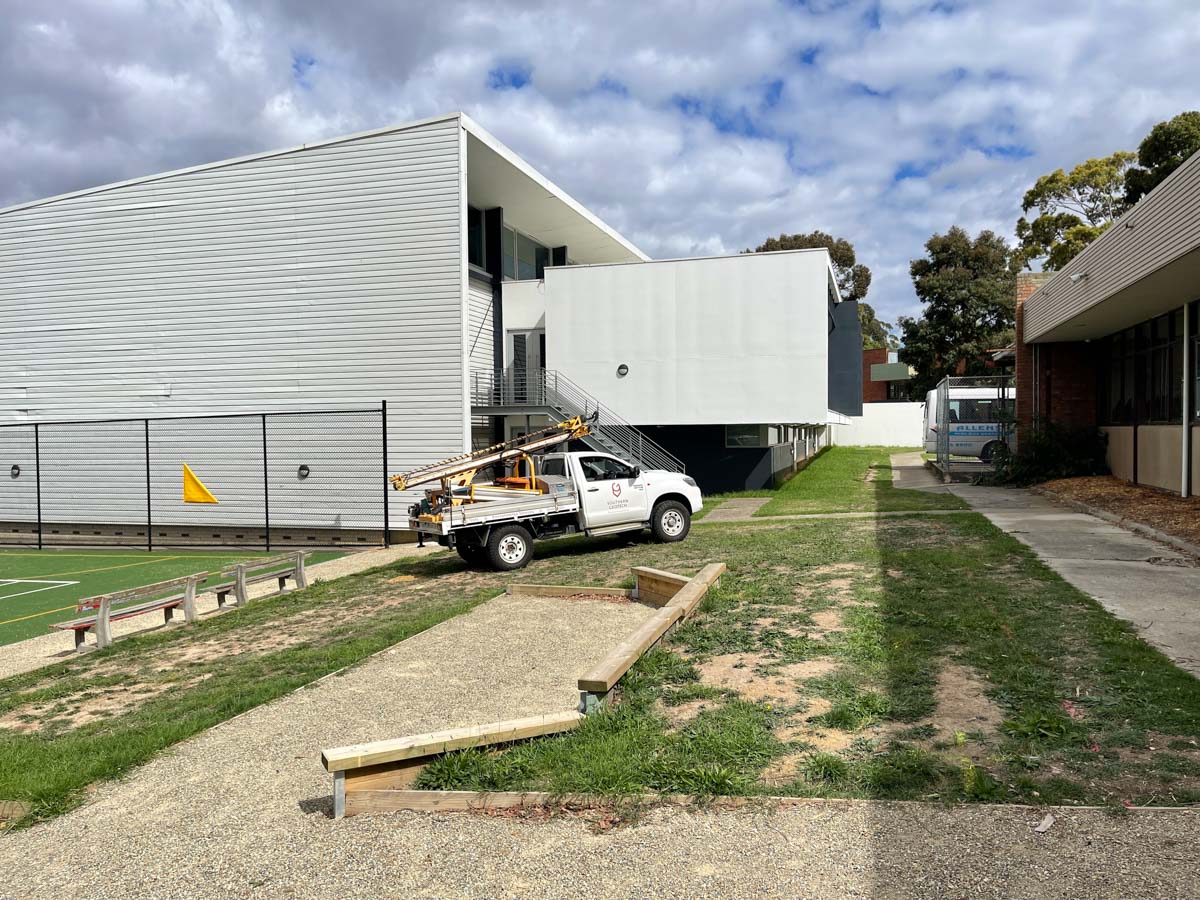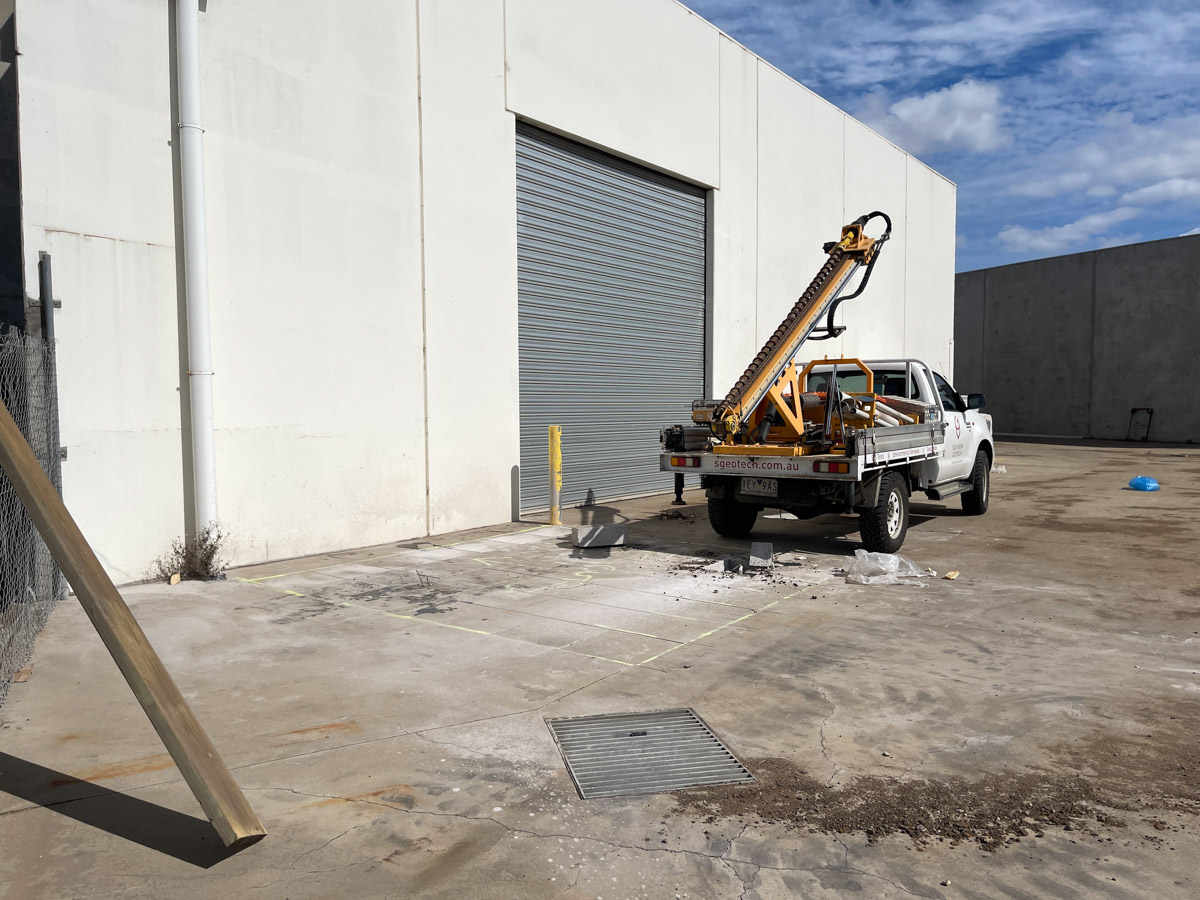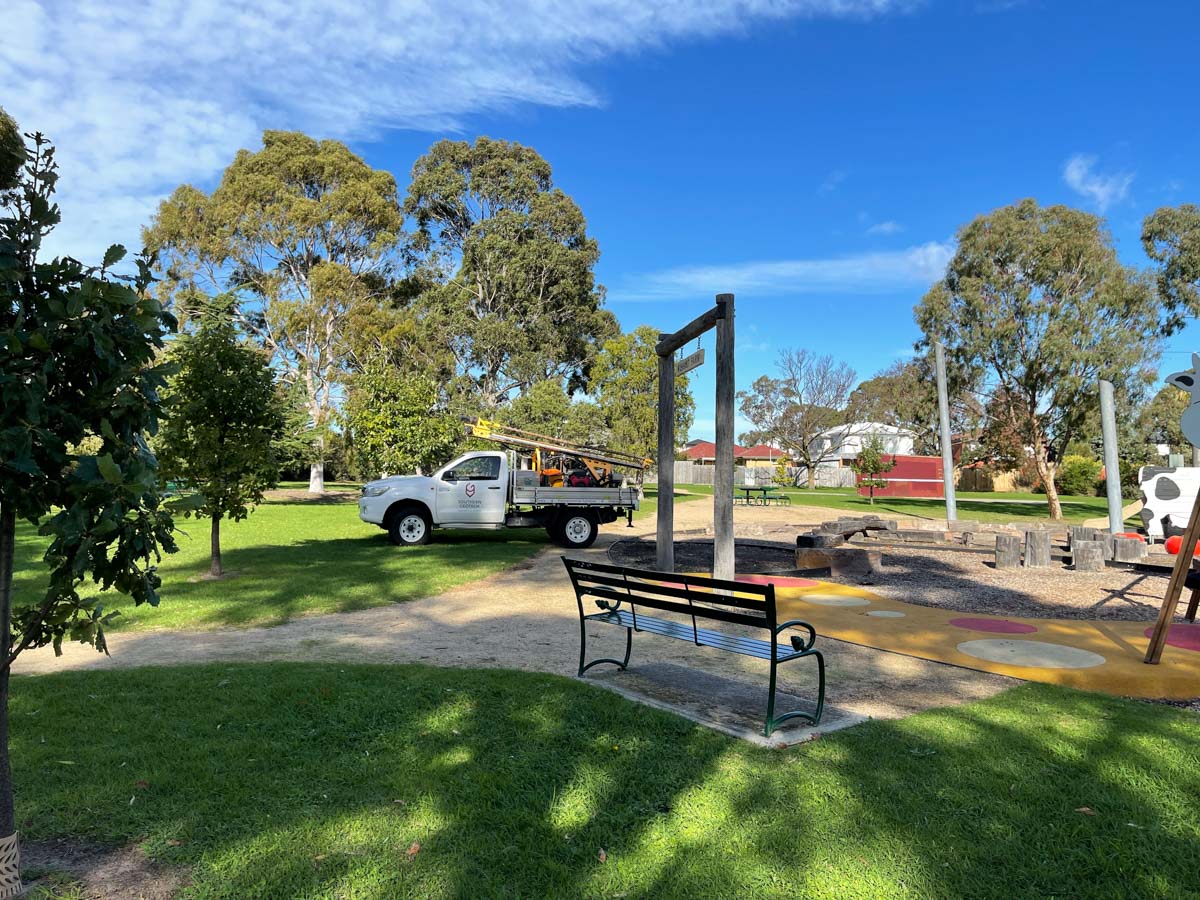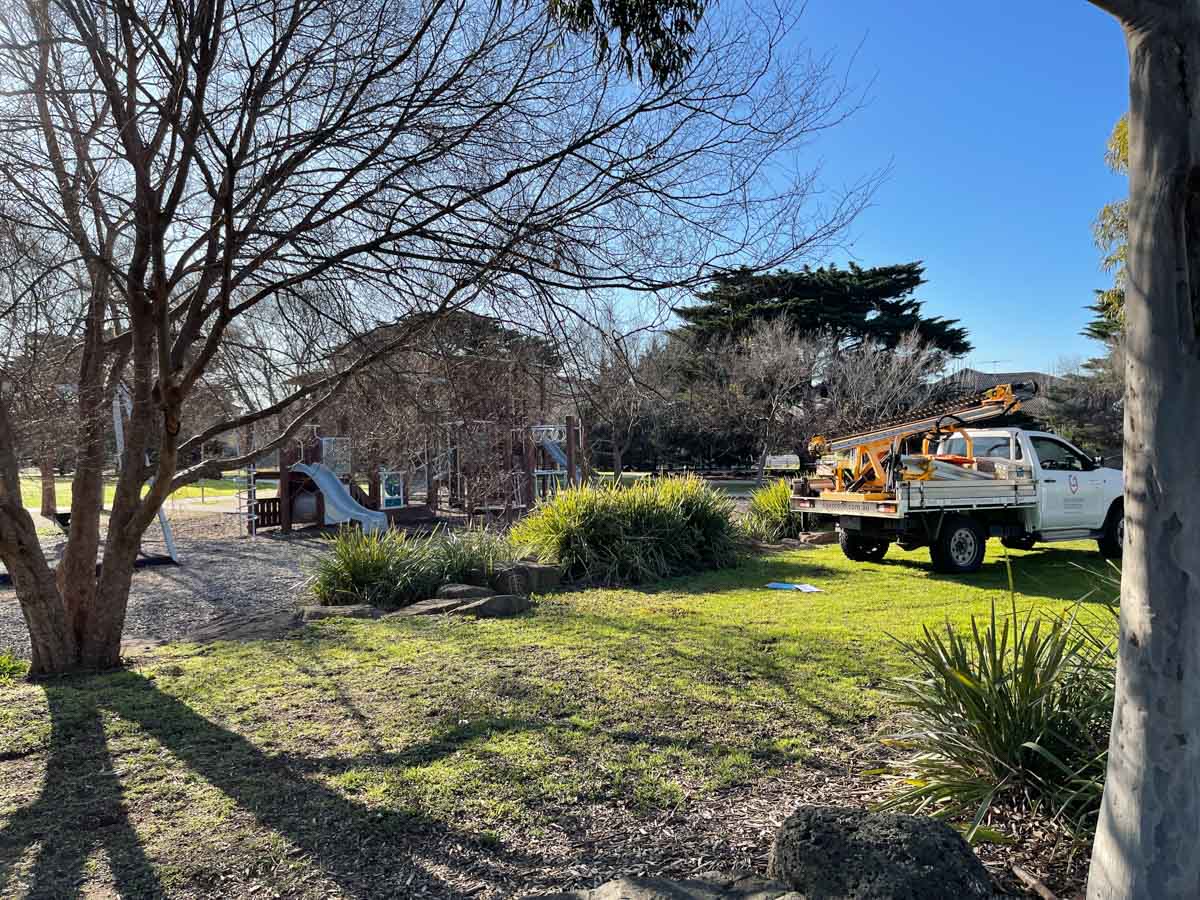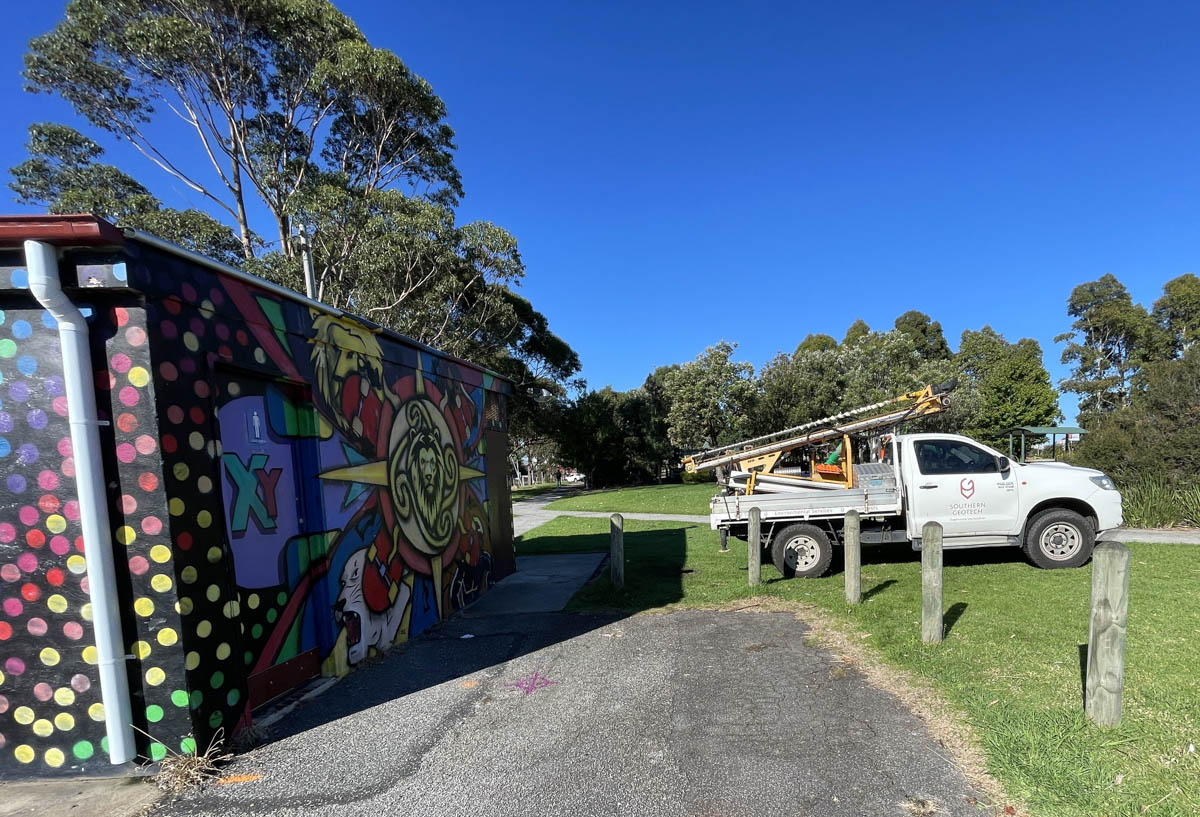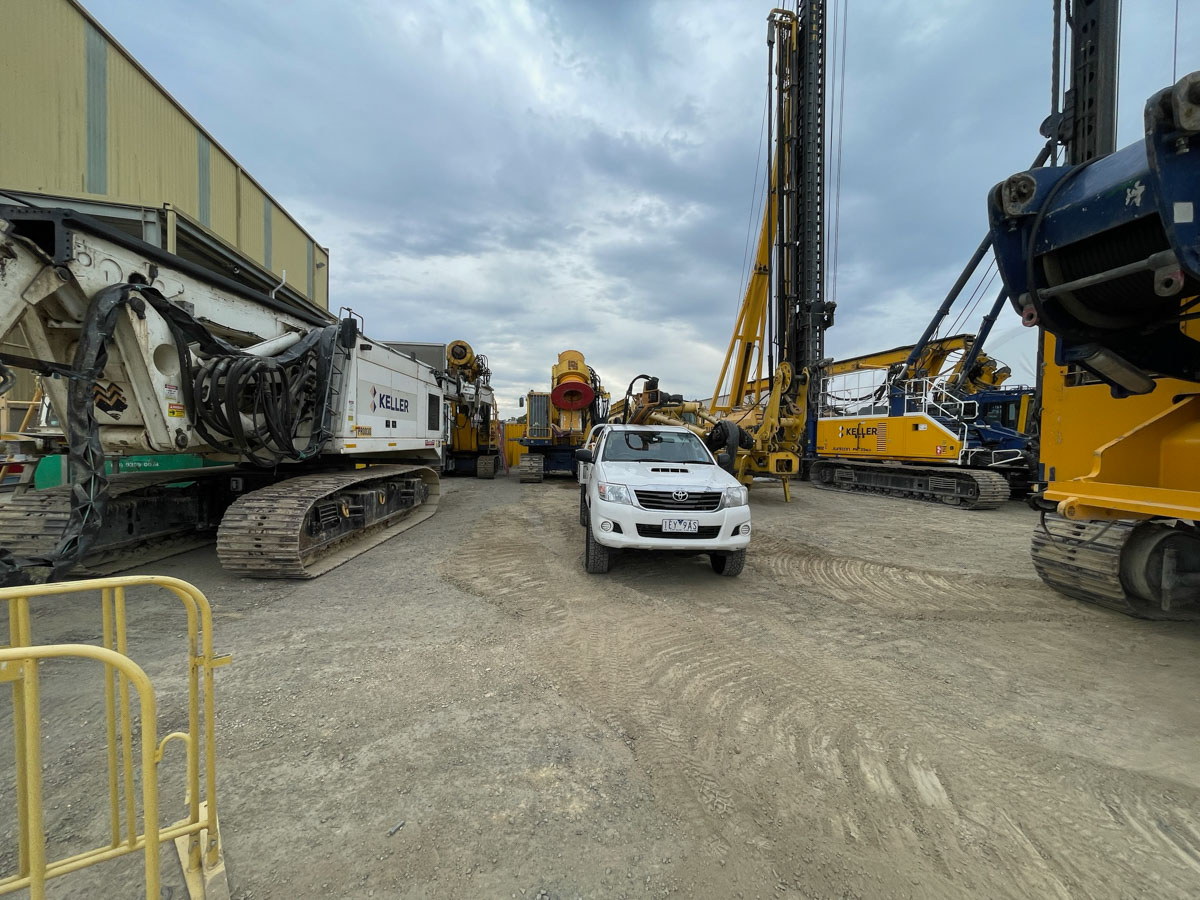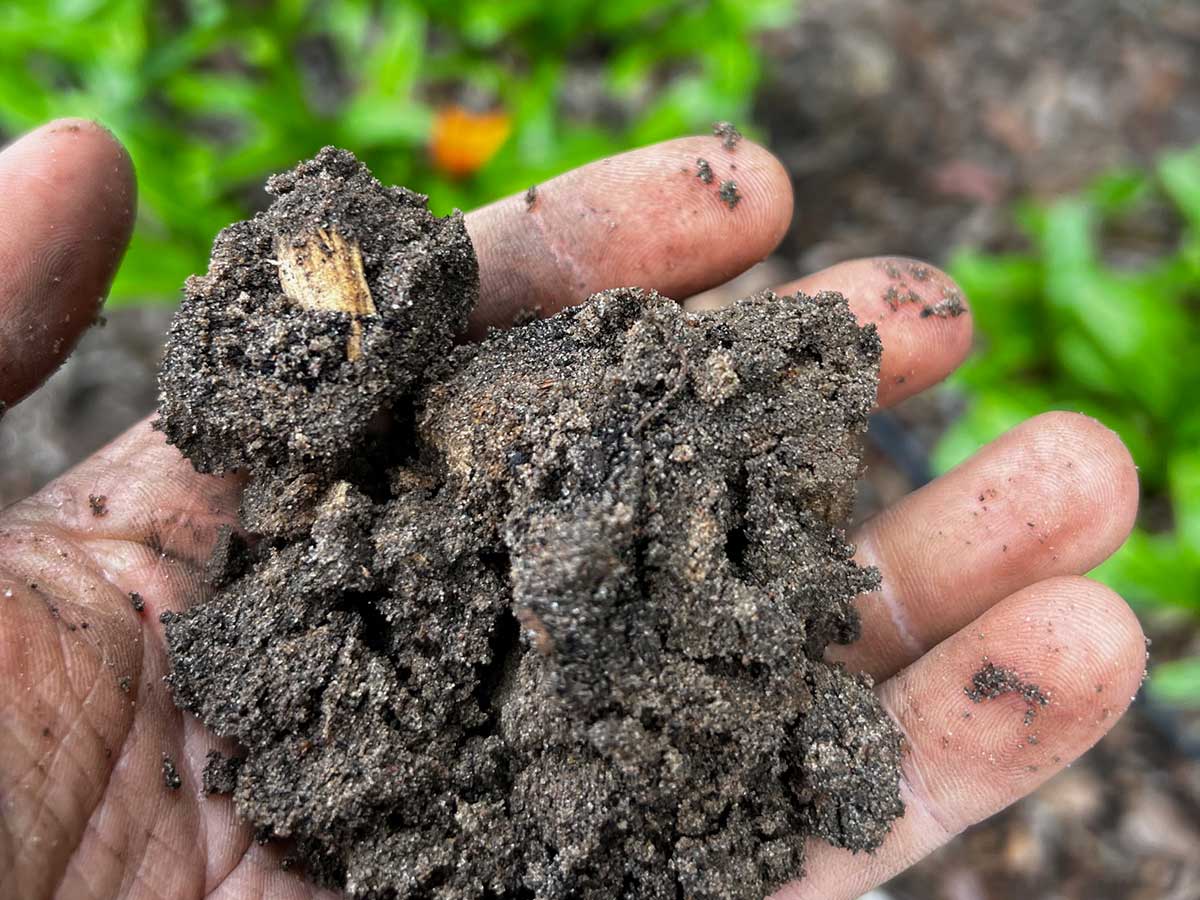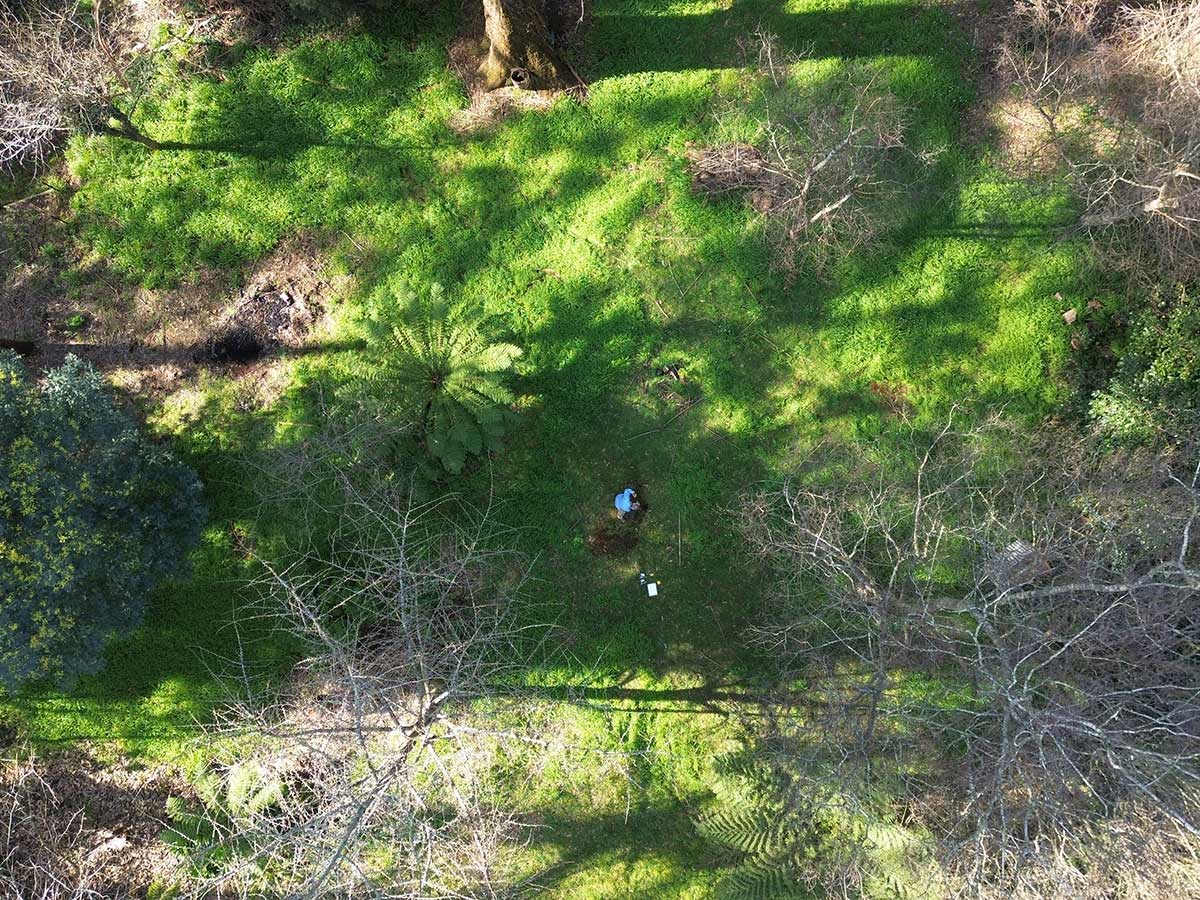Pre Construction Soil Testing Services in Melbourne
Soil testing is the foundation (pun intended) of every successful construction project. No matter what you’re planning to build, understanding the soil beneath your site is critical in the design phase, ensuring safety, compliance, and structural integrity.
For most residential construction projects a site classification report is required. For larger developments, a more comprehensive soil report called a Geotechnical Site Investigation report is typically required.
At Southern Geotech, we specialise in providing detailed soil testing in Melbourne and analysis that gives engineers, architects, and builders the knowledge to design foundations that are appropriate.
Site Classification Report
Soil Testing for Residential Construction
When embarking on a construction project, whether it’s building a new home, adding an extension, or constructing a pool, it’s crucial to understand the type of soil you’re building on. This is where a Site Classification Report becomes essential.
In Victoria, a Site Classification Report, often referred to as a Soil Test, is a vital first step at the design stage of any residential construction project. A soil report is mandatory for obtaining a building permit and plays a critical role in ensuring your project’s safety and compliance with building regulations.
At Southern Geotechnical, we specialise in providing comprehensive soil testing and analysis to support engineers, guide architects and building designers with informed design considerations, and keep your project cost-efficient, helping you save both time and money.
Why Site Classification Reports Are Essential
Soil testing provides essential data on the ground’s reactivity, bearing capacity and stability, the foundation of any structure’s safety. Our comprehensive reports include all the critical details your engineer needs to make informed decisions when designing footings and foundations.
What We Offer
Our Site Classification Reports/Soil Test Reports cover a wide range of residential projects, including:
- New homes
- Ground floor extensions
- Upper-storey additions
- Multi-unit developments
- Dual occupancy projects
- Pools
- Decks
- Sheds/Garages
To ensure accuracy, multiple boreholes are drilled across the project site to the required depth. Our Technicians, Qualified Engineering Geologists and Geotechnical Engineers log the soil profile, documenting its characteristics, which are then thoroughly analysed. The results are then compiled into a user-friendly report, ready to guide your project’s design.
Upper-Storey Additions
For upper-storey additions or adjoining boundary walls, we go a step further with a footing probe assessment. This involves excavating existing footings to determine:
- Their dimensions
- Founding material and depth
- Estimated load-bearing capacity
- Condition
This detailed evaluation equips engineers with critical insights to assess whether the existing footings can support the new upper-storey loads and to prevent potential undermining issues.
Our Standards and Turnaround
All our Site Classification Reports comply with Australian Standard AS 2870-2011 – Residential Slabs and Footings, ensuring reliability and industry compliance. With a legacy dating back to 1989, our Geotechnical Engineers bring decades of trusted expertise you can build on with confidence.
We pride ourselves on delivering prompt results, with a typical turnaround time within 10–15 business days from booking to receiving your report.
Why Choose Southern Geotechnical for Soil Testing in Melbourne?
- Non-invasive Testing: Our methods ensure minimal disruption to your site.
- Cost and Time Savings: Early soil testing helps prevent costly delays and potential structural issues.
- Peace of Mind: Accurate site classifications ensure the longevity and safety of your project.
Start Your Project on the Right Foundation
Getting the site classification right sets your project on the right path from the very beginning. At Southern Geotechnical, we are committed to providing accurate, timely, and comprehensive soil testing services to give you confidence in every step of your construction journey.
Soil Testing for Commercial Projects
Geotechnical Site Investigation
When it comes to commercial, institutional, and Industrial developments, precision is paramount. At Southern Geotech, we specialise in crafting Geotechnical Reports & Investigations tailored for non-residential projects.
Our rigorous testing and experience-based approach delves deeper, essential for the success and longevity of your project.
Our Geotechnical Site Investigation Reports span a diverse spectrum of non-residential projects, including but not limited to:
- Factories/Warehouses
- Commercial Structures & Shopfronts
- Retaining Walls
- Sports Field Infrastructure inc. Netting and Scoreboards.
- Sporting Pavilions
- Lighting, Telecom & Meteorological Towers/Installations
- Pavement/CBR Investigations
- Playgrounds, Boardwalks and Shelters
- Schools, Kindergartens & Daycare Facilities
- Hospital, Medical & Aged Care Facilities and Upgrades
Soil Contamination Testing (Non-Residential)
Site Assessment / Characterisation
As part of our comprehensive service offerings, Southern Geotech also provides Soil Contamination Testing.
Contamination Testing is essential for assessing the presence and concentration of harmful substances or pollutants in soil samples. Various analytical techniques are employed to detect and quantify contaminants present in the soil.
Following the testing process, a detailed report is generated summarising the findings. This report includes contaminant concentrations, sampling methods utilised, and any recommendations for remediation or further action.
Soil contamination testing is crucial for regulatory compliance, environmental monitoring, and site remediation efforts, helping to safeguard public health and ecological balance.
Soil Testing for Stormwater
Saturated Hydraulic Conductivity (SHC) Test
In areas where offsite stormwater disposal is not permitted, onsite solutions become essential. A Saturated Hydraulic Conductivity (SHC) test evaluates the soil’s ability and rate it absorb water, providing crucial data for the design engineer to appropriately size the proposed system according to the site’s specific requirements.
By offering these specialised assessments, we ensure that your stormwater management systems are designed with precision and efficiency, tailored to the unique characteristics of your site while adhering to regulatory standards and environmental considerations.

